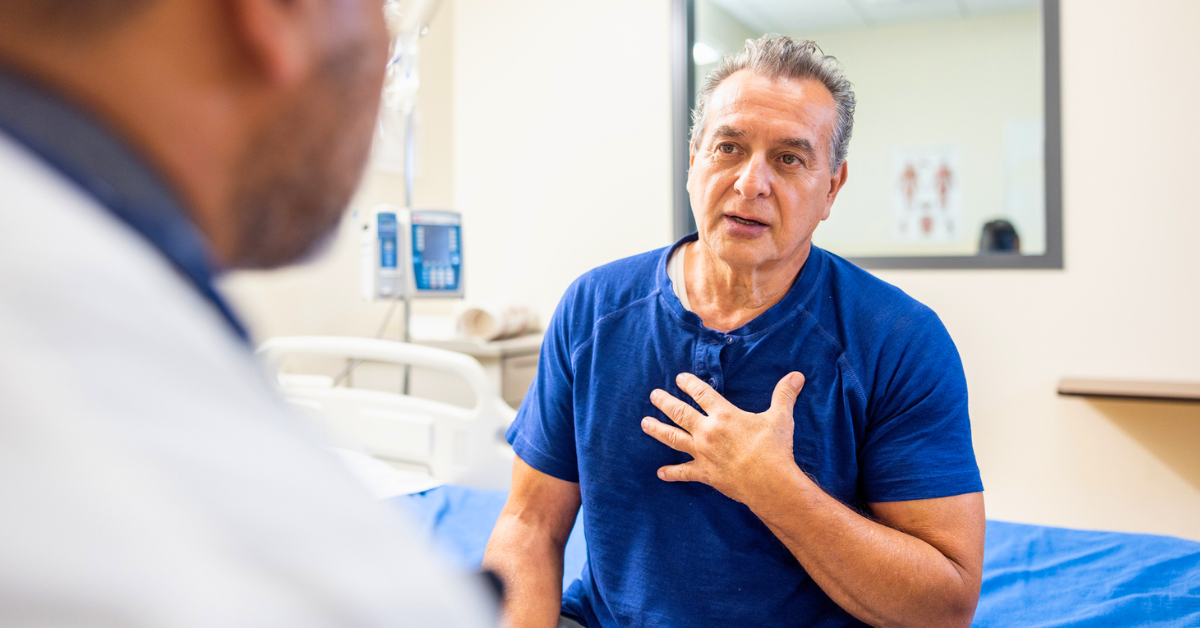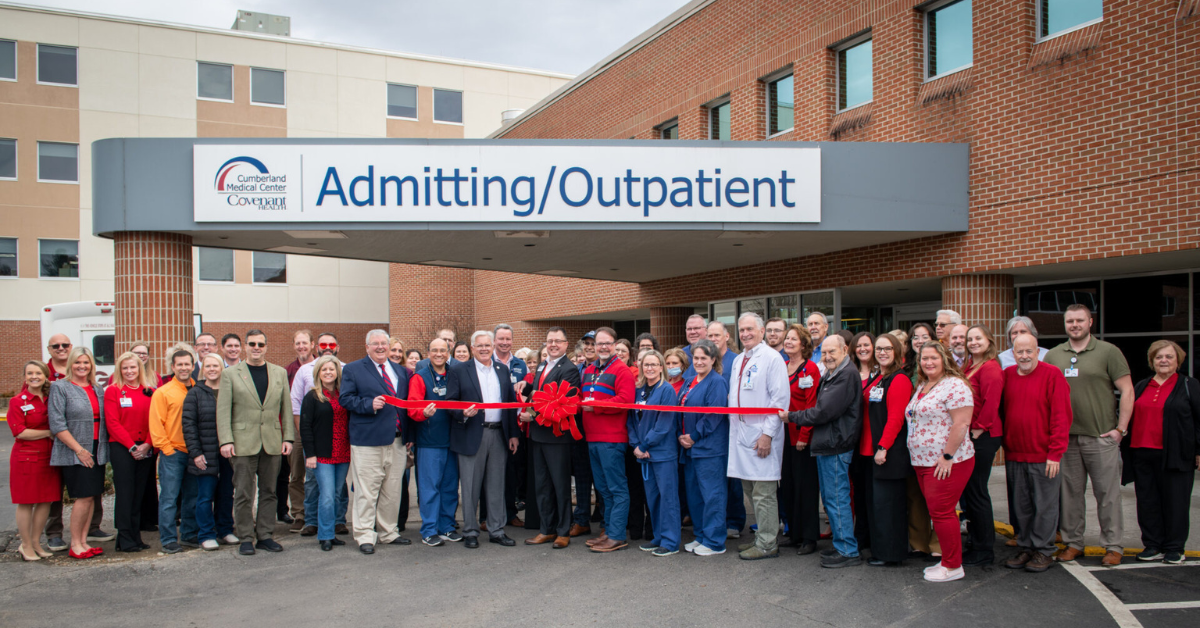
Access to Cardiologists Unavailable in Half of US Counties, Reveals Study
This article was originally published on Fox News. To view the original article, please visit Fox News.
A recent study published in the Journal of the American College of Cardiology (JACC) reveals a troubling fact: nearly half of counties in the United States do not have cardiologists available.
This discovery, documented by researchers at Brigham and Women’s Hospital in Boston, reveals a healthcare disparity affecting millions of Americans, especially those in rural communities.
The statistics are staggering: 46% of counties lack access to vital heart care, impacting an estimated 22 million residents nationwide. The situation is even more dire in rural areas, with over 86% of counties without a cardiologist.
With an average travel distance of 87.1 miles to the nearest specialist, time becomes a critical factor in life-threatening situations like heart attacks.
Dr. Bradley Serwer, a leading cardiologist and Chief Medical Officer at VitalSolution, shares how the situation impacts patients. “When a patient is having a heart attack, time matters. If a patient is unlucky enough to have a heart attack in a rural area, without cardiology services, they are sometimes transferred via ambulance or helicopter, but this takes time while the heart is dying.”
Innovative Solutions for Equitable Care
Dr. Serwer points out that the shortage of cardiologists in rural areas is due to a few key reasons, including a lack of mentorship opportunities, the reluctance to move from larger urban areas, and inadequate access to subspecialists. This leads to overworked cardiologists, challenges in patient transfer for higher care, and emotional tolls on rural healthcare providers.
Dr. Serwer shared that at VitalSolution, “Our physicians work seven days on and then get seven days off. This unique model not only allows our physicians to be where they are most needed but also gives them the flexibility to live wherever they prefer — a win/win for both physicians and community hospitals.”
Technology, Training, and Policy Essentials
Dr. Serwer further highlights the importance of expanding telemedicine and other tech-driven clinical support systems. He also advocates for more governmental investment in hospitals serving rural communities and encourages measures to draw healthcare workers to areas lacking sufficient medical services.
Additionally, he suggests that integrating experiences in rural healthcare settings into medical school curriculums, such as rotations in these communities, might motivate new doctors to appreciate and embrace the broader scope of medical practice.
The study also highlights the need for policy changes to improve internet access for telemedicine and to expand health insurance coverage. Another recommendation includes managing modifiable risk factors associated with heart disease, which can significantly reduce risks within rural communities.
This article featured Dr. Brad Serwer, Chief Medical Officer at VitalSolution, and was originally published by Fox News. For more details, visit the original article.
 company
company 
 (866) 755-7519
(866) 755-7519












